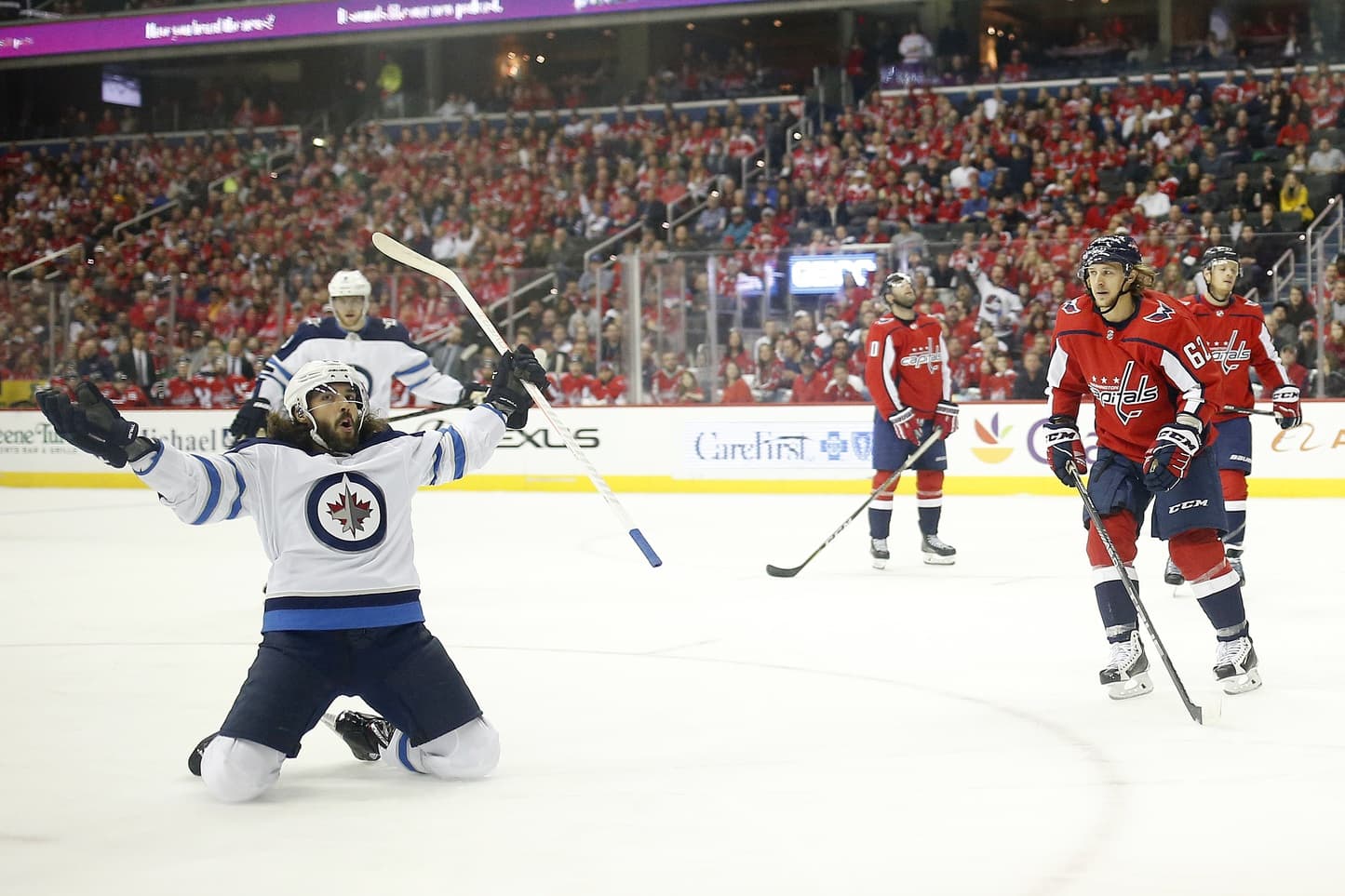Nation Sites
The Nation Network
JetsNation has no direct affiliation to the Winnipeg Jets, True North Sports & Entertainment, NHL, or NHLPA
Let’s Talk The Value Of Jets Contracts (Part 2)

Photo credit: © Geoff Burke-USA TODAY Sports
In case you missed it, we are doing a series about each Winnipeg Jets player and the value of their current contract. There are many factors that determine a good contract from a bad one, but we will be looking primarily at the role of the player combined with their most recent season performance. This will be compared to the length and AAV (average annual value) of their contract to determine if the contract provides good value to the organization.
For more details and information, check out part one of the series here. For more analysis, read on as we take a look at a few more players.
Matthieu Perreault

Mathieu Perreault is an interesting case in evaluating contracts. He’s a perennial driver of possession and consistently makes everyone around him better. Teams need players like Perreault who can jump to any line at any time and make things happen. The problem arises when Perreault gets relegated to the fourth line for months at a time. His current contract at $4.125 million ranks 147th among all forwards in the NHL which should mean that Perreault is a second line player (31 teams multiplied by 3 players per line). Even if Perreault could still perform on the second line, the reality is that he is usually sent to play in the bottom six. That makes the contract much less valuable because even though the player has value, his sparse usage makes $4 million seem like a waste of money.
The nice aspect of Perreault’s contract is that it only runs for two more seasons and has a fairly friendly no-trade clause where Perreault can submit a five team list that he cannot be traded to. Although there have been rumours, it seems unlikely that Perreault will get dealt because he’s still a valuable contributor on the ice. The savings would be helpful, but the team would likely have to give up an asset or two for a deal to get done. Cheveldayoff would be better off to let the contract run out and leave Perreault in the bottom six for the next two years.
Final Rating:
AAV – 1
Term – 2
Overall value – 2
Josh Morrissey

We are officially out of the realm of bad contracts as only Kulikov, Little, and Perreault have really concerning deals. First up in the slightly less concerning deals is Josh Morrissey.
It might seem like an odd choice to have Morrissey so high on the list of poor value contracts, but his most recent deal was actually bad news for the team. Last summer Morrissey was an RFA and there seemed to be much more certainty around the Jets defense. There was optimism that Trouba could still be locked up and the Jets could have their number one pairing of Trouba and Morrissey playing together for the next 5-10 years. The best case scenario would have been to sign Morrissey to a long term deal and commit to having him as the top pairing player he’s turned into since joining the league a few years ago.
One summer later, Trouba’s gone, Myers is gone, and there is very little depth sitting behind Byfuglien and Morrissey. So why does this make Morrissey’s contract bad? The most likely situation is that the team will be relying heavily on Morrissey throughout the entire season to be a true top pairing defensmen. His minutes will be huge and if Morrissey performs well he will be in for a massive raise next summer. Had the Jets signed him to a long term contract last year, they would have been able to sign him for a much cheaper price going forward.
For a team like Winnipeg who is already near the cap ceiling, Morrissey’s new deal might be tough to fit in.
In terms of Morrissey’s current contract, it’s a phenomenal deal for the Jets because Morrissey provides tremendous value while only costing $3.150 million. As mentioned above, the only reason the current contract is bad is because it sets up a big payday for Morrissey that could have been avoided with a long term deal last summer.
Final Rating:
AAV – 5
Term – 1
Overall value – 2.5
Neal Pionk

The newest member of the club signed a new deal shortly after getting traded to the team. The two year deal worth $3 million per season divided fans as many thought it was an overpayment while other thought it was fair value. The general consensus was that it was a slightly expensive deal although I previously argued that the contract wasn’t as bad as some people thought. The actual dollar value of the contract is a bit higher than expected, especially given Pionk’s unproven status in the league. Even though the $3 million isn’t ideal, the term of the contract is excellent.
The two year deal gives Pionk a chance to settle in with the club while still reminding him that he needs to bring his ‘A’ game every night to earn a new deal. It’s always tough to project the value of players switching teams, so Pionk’s contract could look like a steal in two years, or it could be the opposite. For now, the slight over-payment is enough to rule Pionk as a not very valuable contract.
Final Rating:
AAV – 2
Term – 5
Overall value – 2.5
Breaking News
- Just find a way to win: Washington Capitals vs. Winnipeg Jets game day
- Three Takeaways: Jets drop below .500 in 6-3 loss to Boston
- It’s getting ugly: Jets drop third straight game to Bruins
- Gustav Nyquist set to return to lineup against Boston
- Heritage jersey homestand continues: Boston Bruins vs. Winnipeg Jets game day
